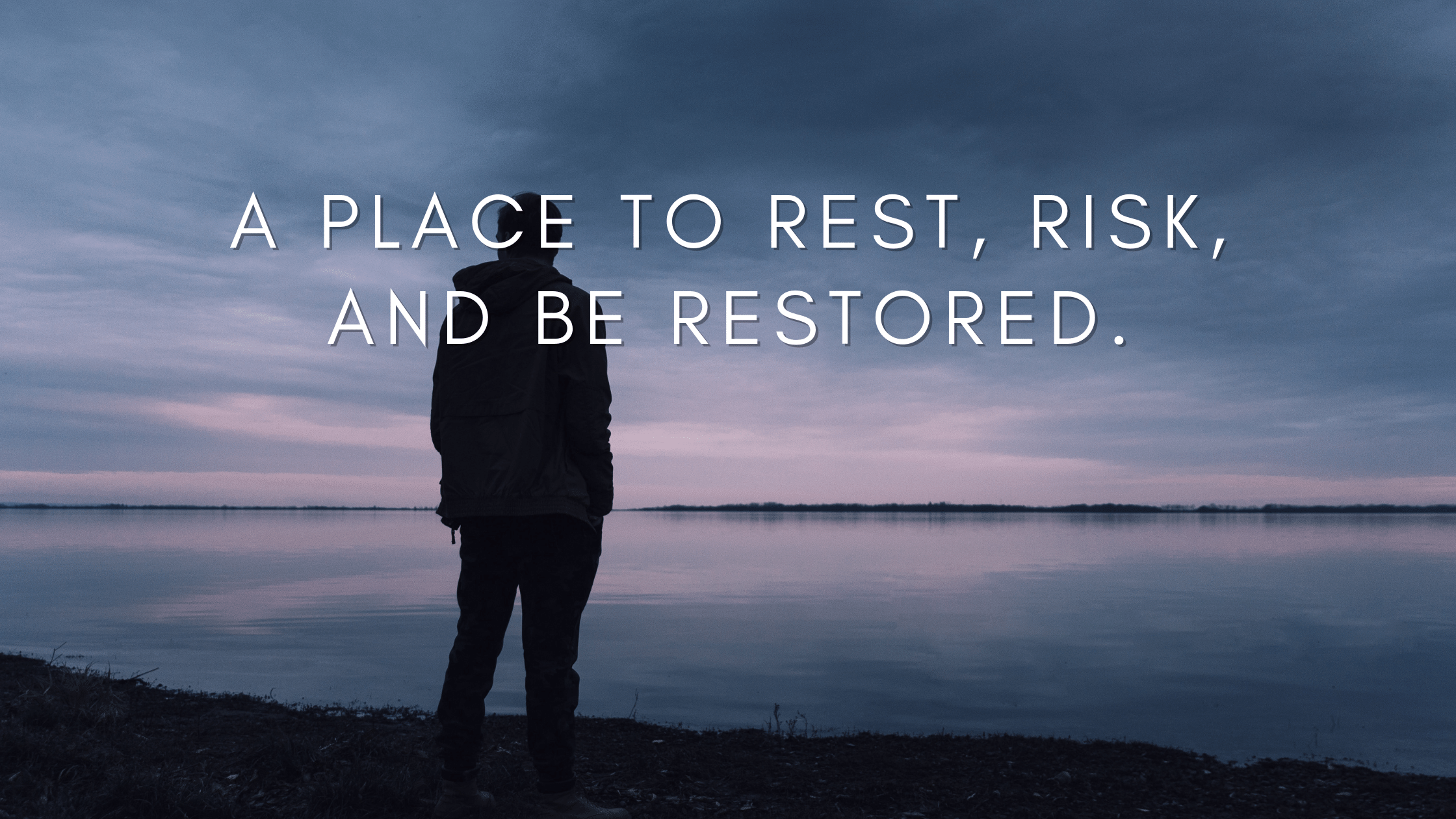Clinical Supervision and Its Importance
Clinical supervision gives support to trainee mental health professionals by offering guidance and support from a more experienced counselor. To be licensed to practice, mental health providers must complete a minimum number of therapy hours under clinical supervision. The requirements may vary depending on the license a counselor seeks and the state where they practice.
Clinical supervision may also indicate ongoing consultation with and support from other mental health professionals. Though the technical term for this is consultation, and not supervision.
Therapists in the same practice may consult with each other about difficult cases. They may routinely review one someone else’s work. Supervision can improve a counselor’s diagnostic skills, advocate self-care, and help them provide better treatment for their clients.
What is Clinical Supervision?

The importance of clinical supervision. Clinical supervision gives support to trainee mental health professionals by offering guidance and support from a more experienced counselor. To be licensed to practice, mental health providers must complete a minimum number of therapy hours under clinical supervision. The requirements may vary depending on the license a counselor seeks and the state where they practice.
Clinical supervision may also indicate ongoing consultation with and support from other mental health professionals. Though the technical term for this is consultation, and not supervision.
Therapists in the same practice may consult with each other about difficult cases. They may routinely review one someone else’s work. Supervision can improve a counselor’s diagnostic skills, advocate self-care, and help them provide better treatment for their clients.
Why is this important?
So, counseling is an inherently private project, with no managers or direct supervisors. Rather, trainee counselors and therapists looking for more insight from colleagues. They use clinical supervision to hone their skills.
During clinical supervision, a trainee provider meets with a more experienced provider to discuss cases, treatment strategies, and other important topics*. Consistent work with agitated clients can be distressing. Therefore a main aspect of clinical supervision is often helping therapists learn to compartmentalize their own emotions. They learn to practice better self-care. Supervision requirements can vary with the degree and license a therapist holds.
In a lot of cases, supervision takes more than a year or longer to complete. Most times, licensed clinical social workers (LCSW) must complete at least 3,000 hours of clinical supervision.
How Can Waters Edge Counseling Help?
Counseling and therapy are both an art and a science. How do you deal with a client who can’t stop getting emotional? What will you do if a client never talks or only seems interested in talking about the counselor?
How can you measure progress with your clients? How can you avoid your own biases and feelings from getting in the way of the therapeutic process? These are hard questions with complex answers. Clinical supervision prepares you to take these issues head on.
Counselors inherently have an ethical duty to protect their clients’ best interests. Doing this can prove challenging when you’re still learning. Clinical supervision allows you to learn by doing the work, without risking harm to your clients.
Supervision offers constant feedback from someone with more experience and skill. Rather than relying on unclear principles from a textbook or schooling, you’ll get quick feedback on real-world therapy problems. A supervisor can also provide insight into your personal style and guidance on how to look at your individual skills as well as how to change your style to the complex needs of different clients.
Waters Edge Counseling’s Clinical Supervisors
Waters Edge has two therapists who are licensed to provide clinical supervision. Lisa Clark is on the LPCGA and is an LPC and CPCS. Julie Roberts is an LCSW, LISW-S, LMSW, NASW and AOSW. If you would like more information on Clinical Supervision, please contact us at [email protected] or call us at 912.319.5552. We’d love to hear from you.





